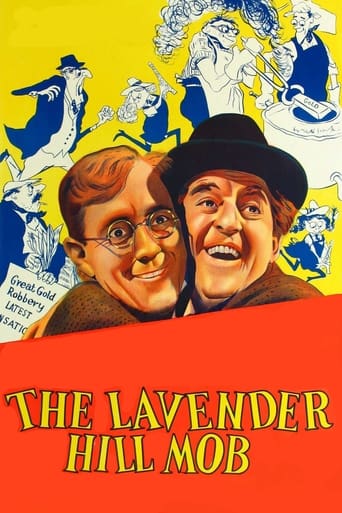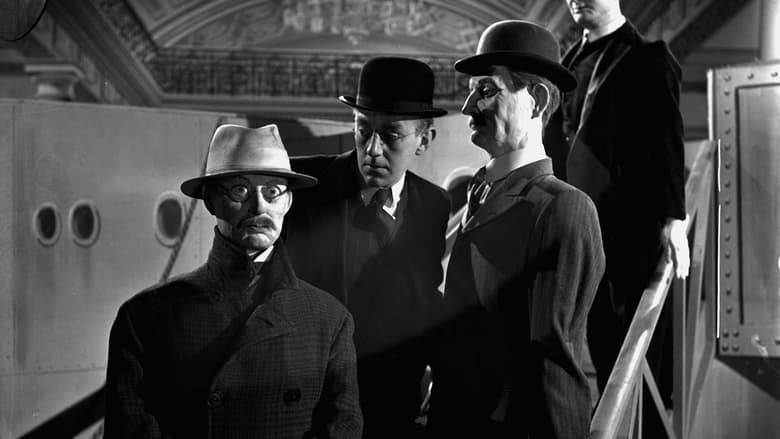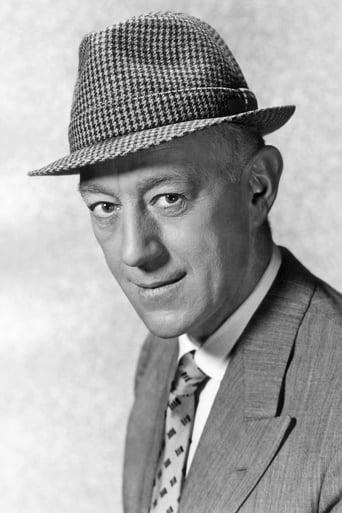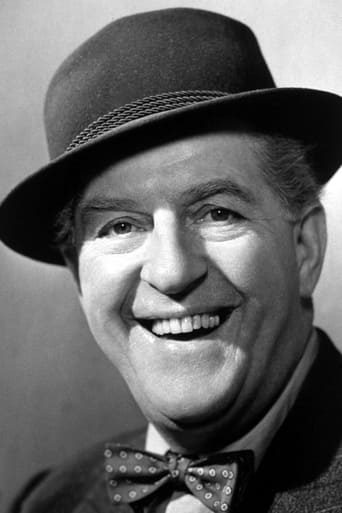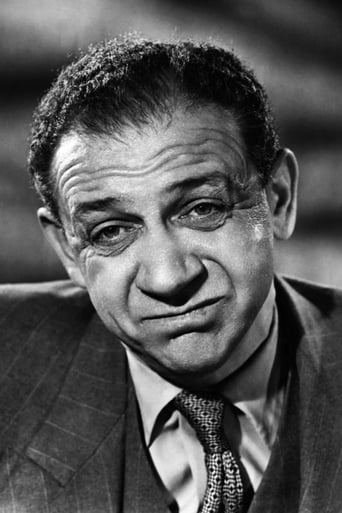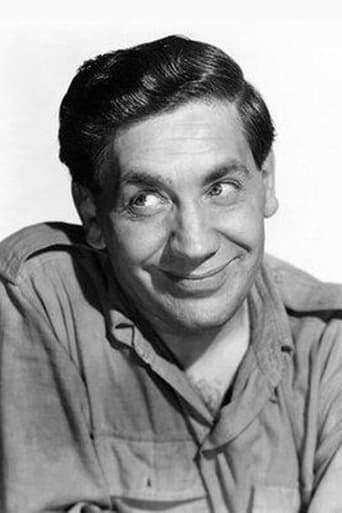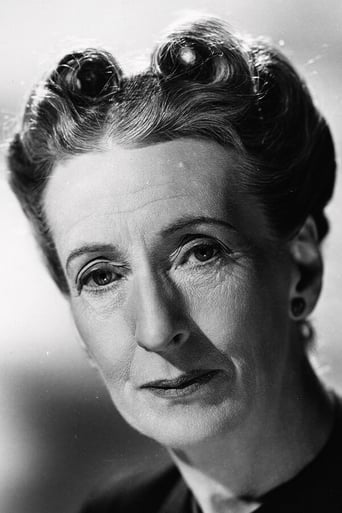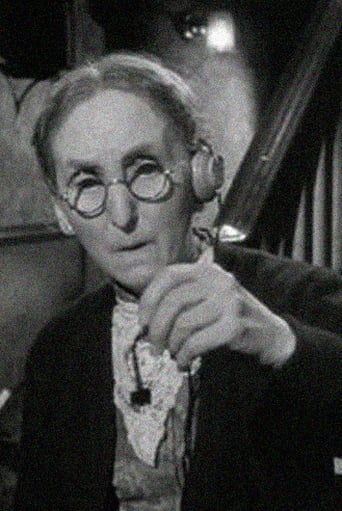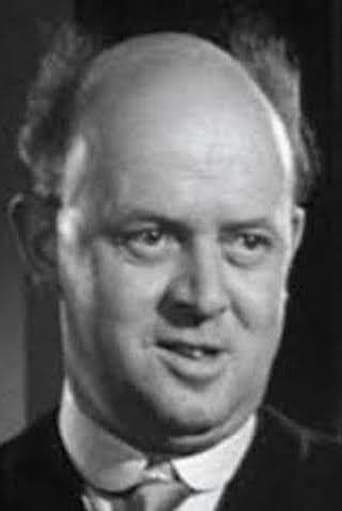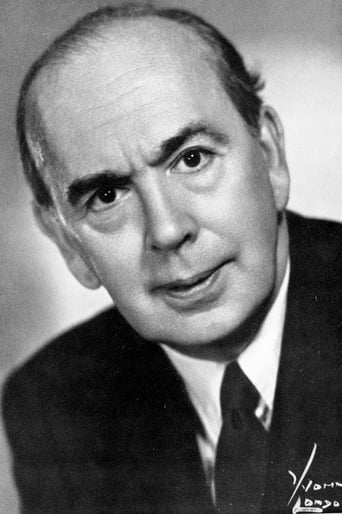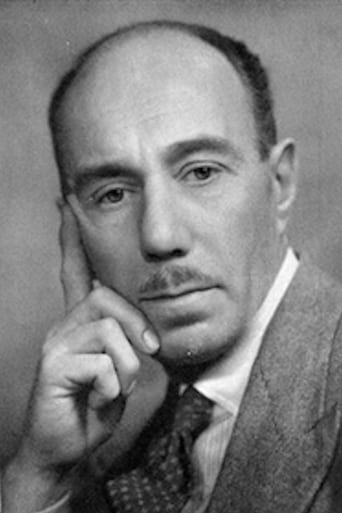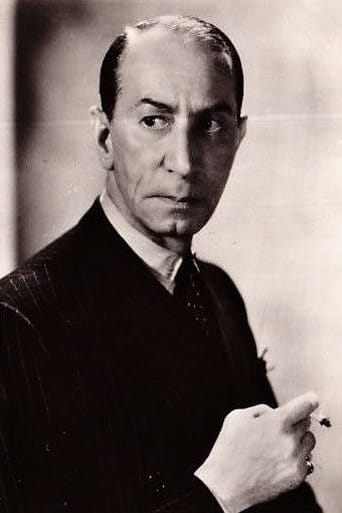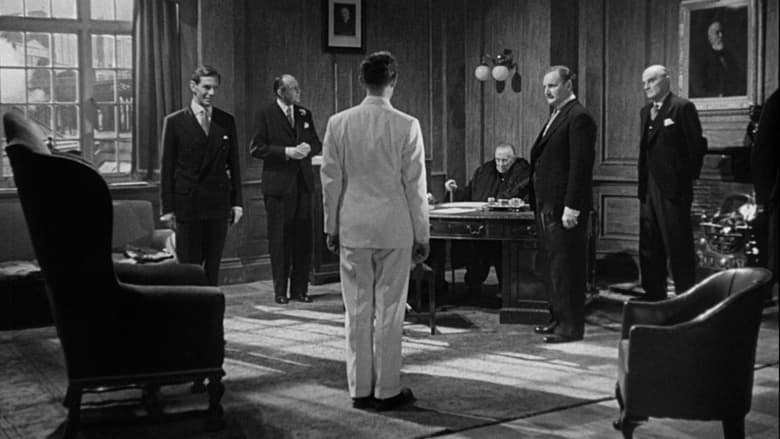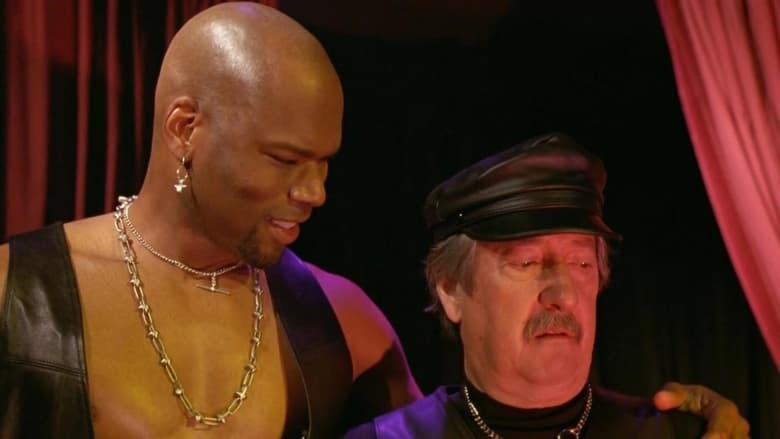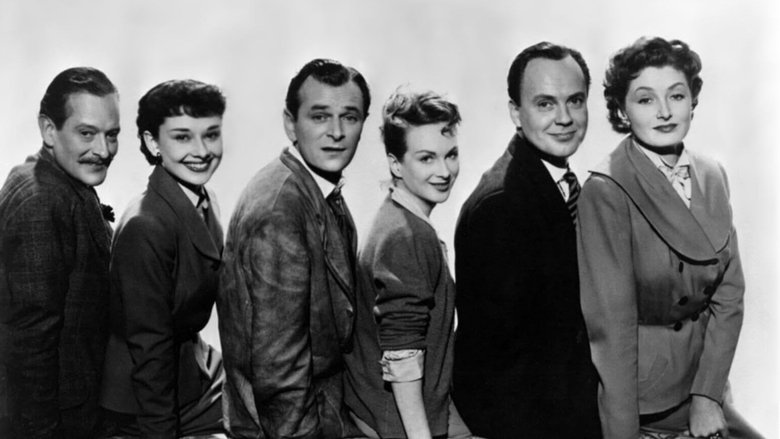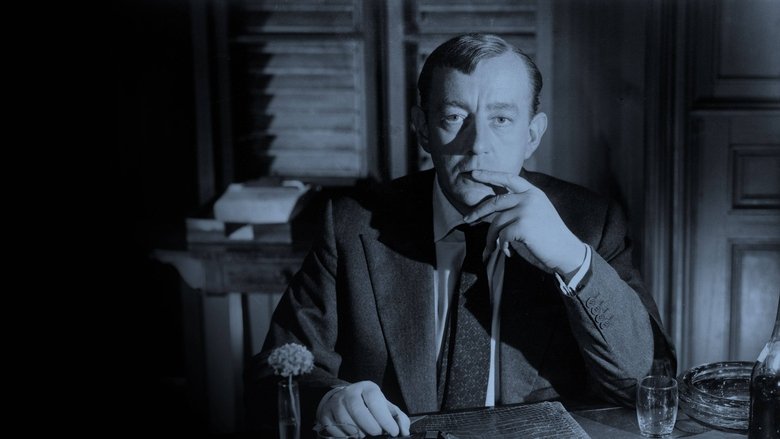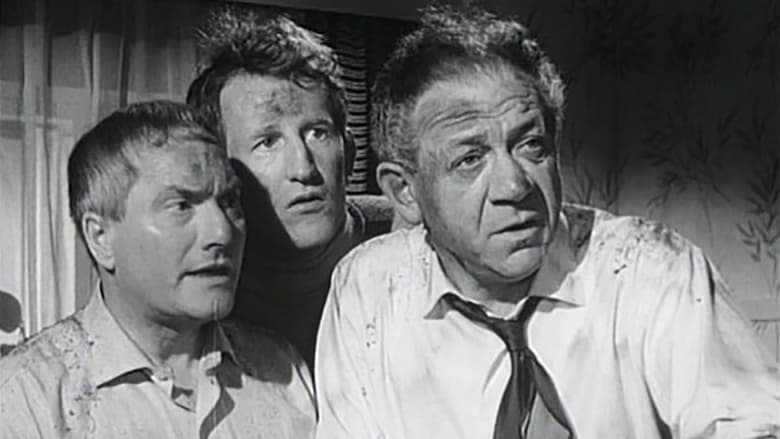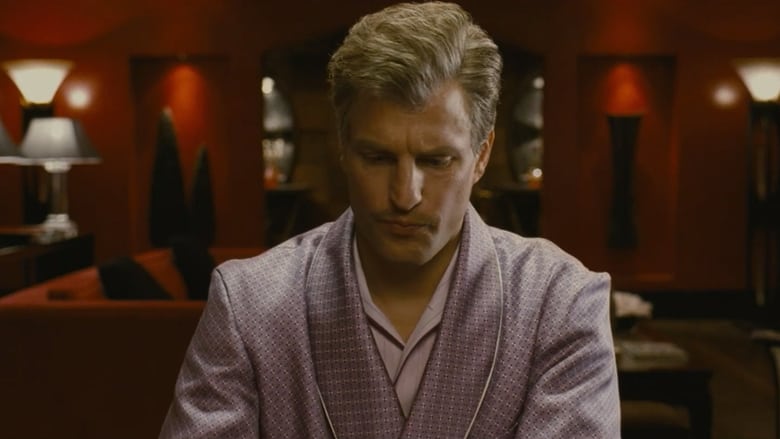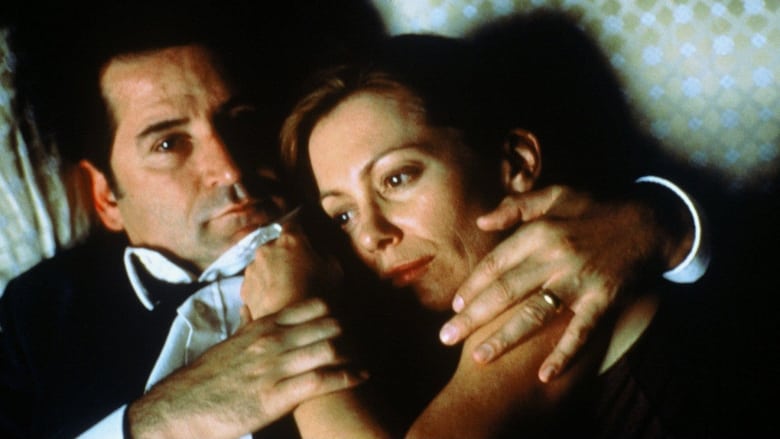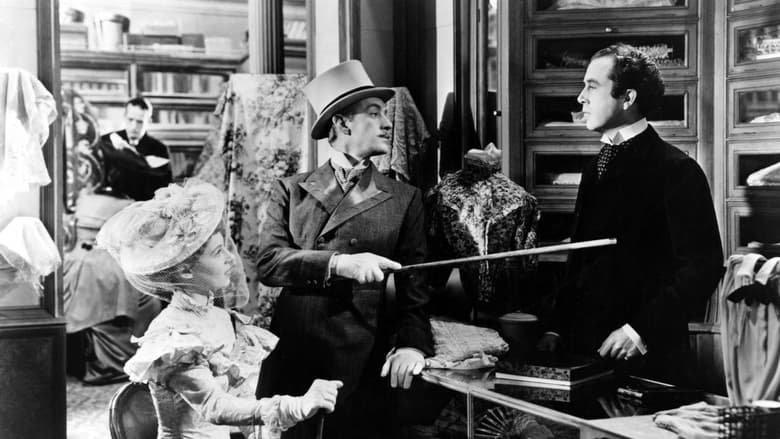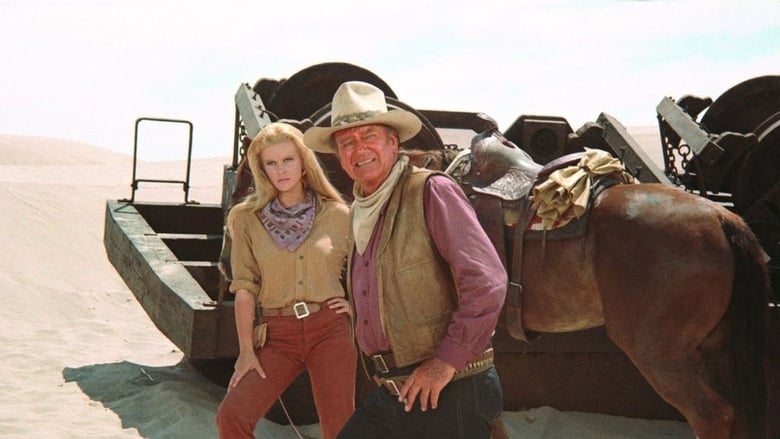A meek bank clerk who oversees the shipments of bullion joins with an eccentric neighbor to steal gold bars and smuggle them out of the country.


Similar titles
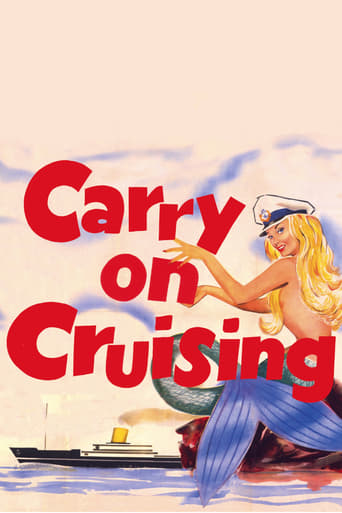
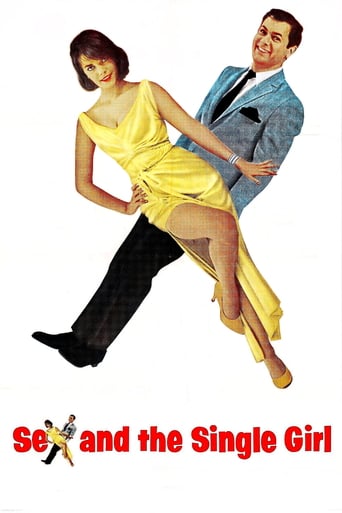
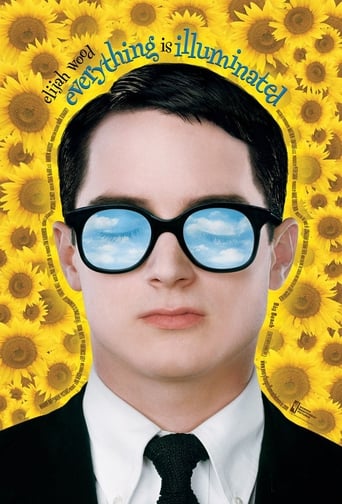
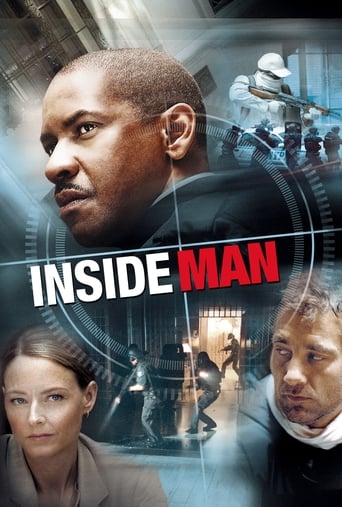
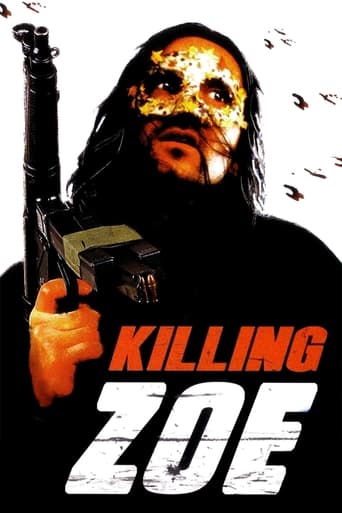
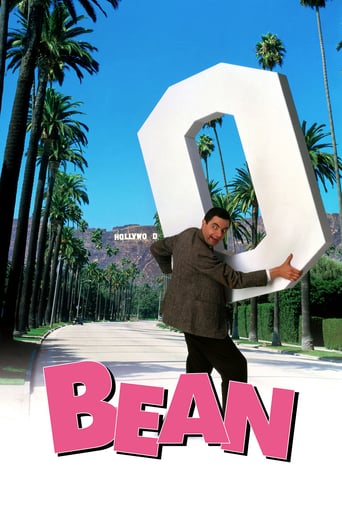

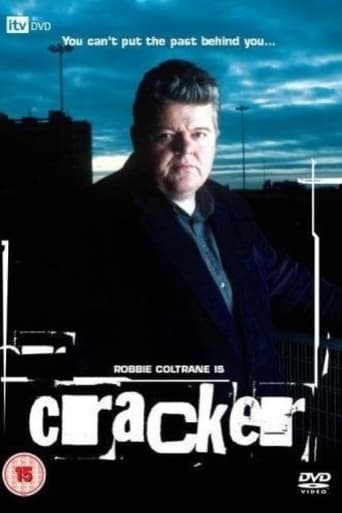
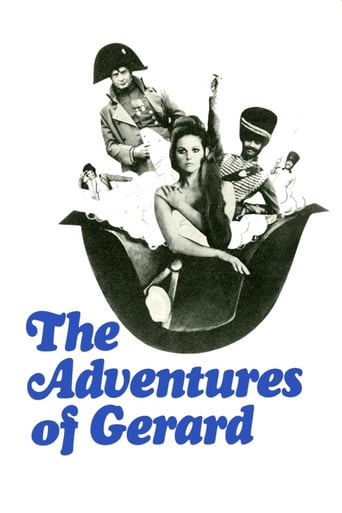
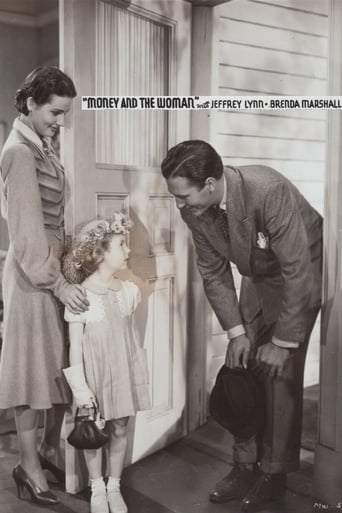
Reviews
For some inexplicable reason several reviewers of the Ealing masterpieces keep repeatedly referring to them as "little", or "small budget". Since when was size a factor of the slightest importance in the quality of art ? What films are "big" or "great" for instance ? Cleopatra ? Titanic ? Infinitely preferable are these Ealing films of civilisation, with their humour, humanity, wit and charm; greater by far than dumb transatlantic notions of being brutally "great" again. But quantity before quality is the watchword. Perhaps studio bosses impress each other by the magnificent scale of their losses.Everything worth saying here has already been said, and the only point worth mentioning in this review is the objection about crime not being allowed to pay in these tales from a former age. The ending makes it clear that his six gold Eiffel towers paid Dutch Holland for a very enjoyable year in Rio, before his courteous arrest, so the "crime does not pay" lesson was not exactly drastic. Worth it, just to get a kiss from Audrey. Presumably the rest of the desperate gangster mobsters were picked up earlier, but then they were not the mastermind, or godfather of the caper. Ah well, retribution eventually comes to us all for our sins.
In the late 1940s and 50s, Alec Guinness starred in a series of excellent British comedies ("Kind Hearts and Coronets", "The Man in the White Suit", "The Lady Killers", "The Horse's Mouth" etc), most of which were produced by Ealing Studios. One of the best of these was "The Lavender Hill Mob" (1951), written by T. E. B. Clarke and directed by Charles Crichton.The plot? Guinness plays Dutch, a Bank of England employee who supervises the smelting and transport of gold bullion. Dutch is an apparently quiet, honest and unassuming man, a persona he has spent years cultivating. Dutch's long-term project to cultivate an "air of respectability" is designed to provide cover for the theft of one million pounds worth of gold. To say anymore about the plot would be to ruin the fun. Suffice to say that Dutch's plan involves Eiffel Tower paperweights, the assistance of an artist, two thieves and lots of guts.The 1950s saw the release of a number of classic heist movies ("The Asphalt Jungle", "Rififi", "Bob the Gambler" "Gun Crazy", "The Killing" etc). "The Lavender Hill Mob" is as good as, if not better, than most of these films. It's also unique in that it boasts a thick vein of humour, quintessential English attitudes and the droll "ordinariness" of East London continually subverted. The result is a film which operates both as a slick heist thriller, and a parody of the genre.Before its degeneration, Ealing Studios produced a number of fine, class-conscious films, some of which mounted a serio-comic reconstruction of "post-war Britishness". Adored by a populace caught in the slackening grip of poverty/austerity, these films often saw ordinary men striving for their dreams, working together or standing up against abuse. In "The Lavender Hill Mob" we witness a group of lonely outcasts who live buttoned-up lives but who long for emancipation. Dutch himself, a frail bachelor who is admonished by his bosses for "lacking imagination or ambition", relies on dog-eared copies of detective fiction and naive, private dreams to sustain an anonymous existence. When he (symbolically?) teams up with a local artist, though, Dutch's dreams are given wings. He moves from anonymity to the most famous master thief in all of Europe.Late in his film, Crichton hits us with a moment of ecstasy, Dutch and his compatriots running down the spiral staircases of the Eiffel tower. But though symbolically "at the top of the world", Crichton is careful to emphasise that our once-repressed heroes are quite literally hurling their bodies down the very building that was responsible for their riches; it is precisely at this moment of ecstasy that our heroes' plans begin to unfurl. From this point onwards, Dutch finds himself pulled inexorably back toward containment. A pre-stardom Audrey Hepburn has a brief role.8.5/10 – Classic.
A recognized classic in its day, "The Lavender Hill Mob" is a thick, plodding attempt at showing while crime doesn't pay, it can be fun with the right people involved. Alas, the mob here makes for unengaging company in a film rife with forced humor and labored coincidence.Henry Holland (Alec Guinness) is a junior clerk charged with accompanying bars of gold bullion to his employer's bank. A self- confessed "non-entity," he is taken for granted by all. "His one and only virtue is honesty," a bank executive says. "He's no imagination, no initiative." Unbeknownst to them, however, Holland plans to mastermind the crime of the century, stealing the bullion out of the country in the form of cheap tourist souvenirs with the help of pal Pendlebury (Stanley Holloway), a fed-up gewgaw maker. Can they get away with it?While clever in concept, the plan suffers from lame execution, less by the perpetrators than by screenwriter T. E. B. Clarke, who gives us a comedy of errors where the main joke is how lightly Holland is regarded by those around him. The plot plays out in perfunctory ways, complicated by annoying bolts from the blue like a little girl who won't give up what is a vital piece of evidence simply because she's set on giving it to a friend who happens to be a policeman. The usually brilliant Guinness makes for an awkward lead, with shifting eyes, an annoying lisp (all his R's come out W's), and no real soul. As an actor, Guinness was known for his intellectual approach, but here there's no sense of anything deeper driving the man. He just wants to make a big score because he's the sort no one expects that from.Keith Moyes did a fine job laying out the film's many story weaknesses in his May 2009 review here; my main gripe is its failure to establish much of a rooting interest for either the ill-defined mob (a couple of Cockney caricatures fill out the gang) or the police. Little bits of recognizably pleasing Ealing Studios humor occasionally wiggle up in the background, like an old lady named Mrs. Chalk (Marjorie Fielding) who likes to knit while Holland reads her hard-boiled detective fiction. A run down a spiral staircase at the Eiffel Tower late in the film provides a bracing bit of pure cinema accentuated by Douglas Slocombe's clever lens-work, but the movie kills that excitement by following it with a protracted scene of Holland and Pendlebury running around a French customs house. Many such dull moments weigh down the pacing; while director Charles Crichton's overuse of close-ups add nothing to the comedy.For a studio that released such genially twisted farces as "Kind Hearts And Coronets" and "The Ladykillers" (with Guinness in both films finding ample comedy stores lacking here), one expects more, like some play with the concept of disorganized criminals working out why they are doing what they do. The film provides us with cinema's first chance in seeing two favorite actors of mine, Audrey Hepburn and Robert Shaw, but too many of the secondary players other than Mrs. Chalk are just there to feed lines and push a plot which runs out of the little steam it has after forty minutes or so.The final resolution is a lame sop to 1950s convention that adds nothing to the story. Educated viewers understand this today, and many accept it, but it just doesn't work. Rick couldn't run off with Ilsa at the end of "Casablanca," either, but credit those guys for making that convention play.I didn't dislike the movie that much for what it is; it's pleasant, however dull, in its understated way. But I don't get why it stands out so much given the many finely worked-out and engagingly acted British comedies of the period that don't get half the attention. Back then the idea of rooting for the criminal cut against the grain of the time; today it just feels like a museum piece with no real vitality of its own.
Amusing, if not hilarious British comedy. I expect the film was a belly-laugh when first released and the material was much newer. The pacing is certainly lively, but now such comedic centerpieces as criminal capers gone humorously wrong, and slapstick escapes with speeding cars, appear somewhat shop-worn. Fortunately, however, there are also pleasures that refuse to fade, such as the lowly functionary (Guinness) outwitting a smug employer, or having a brilliant plan tripped up by pre-adolescent schoolgirls. Then too, I expect the slapstick was welcome relief for British audiences still recovering from the horrors of WWII.Guinness is his usual droll self, but also stuffy when he needs to be, while Holloway mugs it up shamelessly. Together, they're an amusing team. Too bad, however, there wasn't a shapely girl to relieve the eyes from the four guys. Then too, I think I could have done without the spiraling descent from the Eiffel Tower; I'm still reeling from that one. One thing for sure, that effect is no cliché.Anyway, the movie appears to have influenced a number of later British comedies, including the St. Trinians series. But whatever its historical value, the comedy is still a very entertaining 90-minutes. Besides, I really like that twisty last shot.
